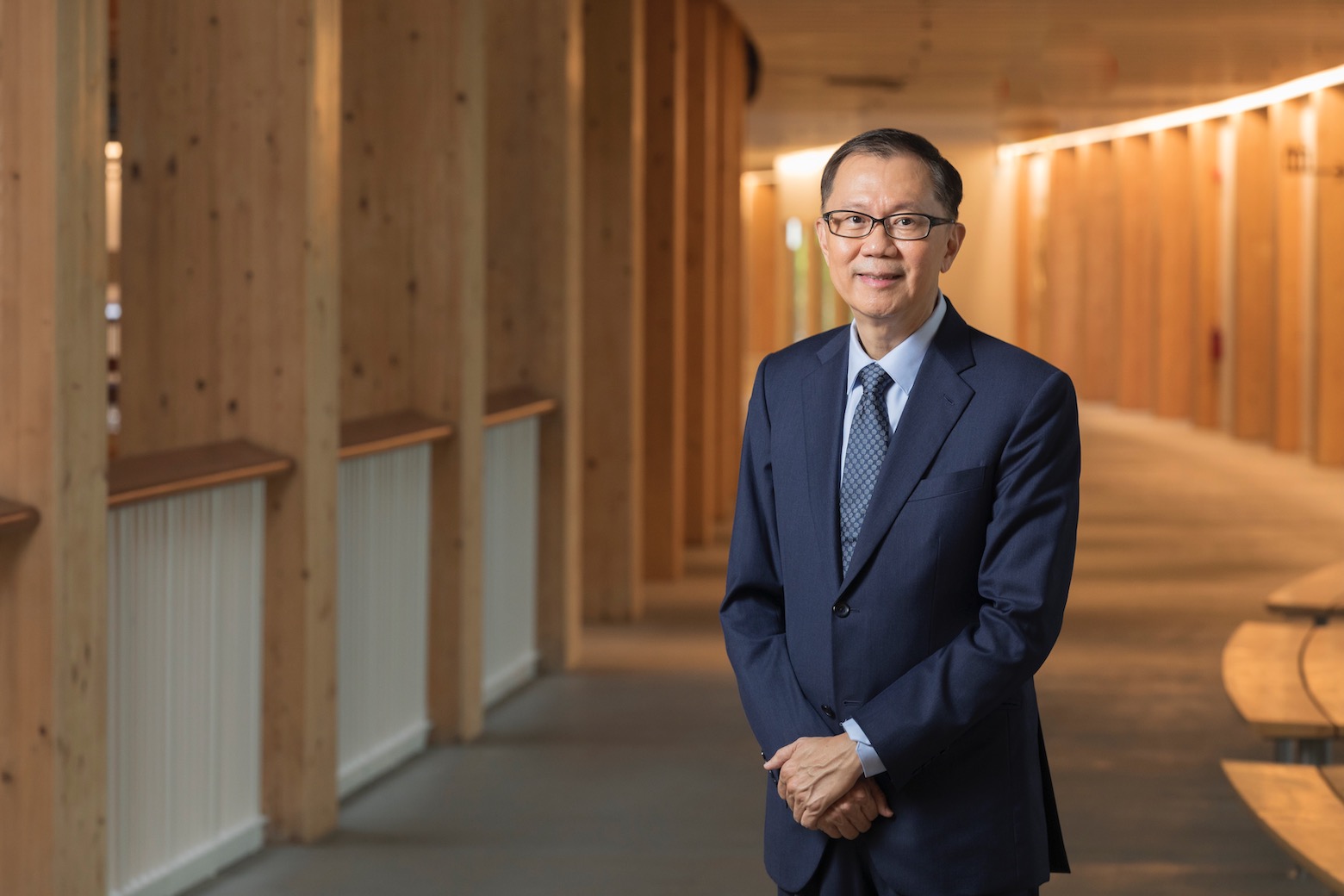Q: My child is keen to take a degree in artificial intelligence (AI), but I’m concerned about the speed at which the technology is advancing. Will his degree still be relevant after he graduates?
AI is evolving at a staggering pace and could impact over 300 million jobs worldwide, says a 2023 report by US-based investment bank Goldman Sachs.
However, new jobs will also be created. Some of the fastest-growing roles include AI and machine learning specialists, says the World Economic Forum’s 2023 Future of Jobs report.
A degree that lays a strong foundation in AI and data science will enable students to thrive in an AI-driven world, says Professor Ho Teck Hua, president of Nanyang Technological University (NTU).
But they will have to continually build on their technical skills to keep pace with the relentless speed of innovation, says Prof Ho, who is also the founding executive chairman of AI Singapore, a national AI research and innovation programme.
Launched in 2017, AI Singapore brings together local research institutions and AI start-ups and companies to deepen AI capabilities in the country.
“Your AI degree will continue to be relevant as long as you are willing to learn new things,” Prof Ho says. “It provides a strong foundation that enables you to harness emerging technologies to create impactful solutions that address pain points faced by businesses, organisations, and society.”
At NTU’s new College of Computing and Data Science (CCDS), students can choose from a range of AI and computing degree programmes, where they will work on real-life data and learn how to use AI to tackle real-world challenges.
Through its Interdisciplinary Collaborative Core (ICC) curriculum, NTU also equips students with key foundational skills such as creativity and critical thinking, and knowledge of global trends and challenges, including in areas of sustainability and digitalisation. The seven ICC modules are mandatory for all undergraduates.
The ICC curriculum is designed to spark curiosity and nurture an appetite for lifelong learning, explains Prof Ho. “These mindsets will be crucial in helping them to keep up with the demands of a rapidly evolving world and economy.”
NTU’s CCDS has also been developing industry-relevant continuing education and training (CET) courses in AI, data science, and computing for its graduates. It aims to ramp up CET efforts by 30 per cent each year, Prof Ho says.

Q: What does a degree in AI entail? Is it just about creating AI models?
NTU’s CCDS offers two AI-related degree programmes: The newly launched Bachelor in AI and Society – the first of its kind in Singapore – and the Bachelor in Data Science and AI.
In these programmes, building AI models is just the tip of the iceberg, Prof Ho says. Students will learn how to apply the model they have built into a real-life AI solution that is powerful and human-centric.
He adds: “Students will also get the opportunity to dive deeper into a few domains they are passionate about and create an AI solution that is tailored to those domains.”
In the AI and Society degree programme, the focus on deep technical expertise is complemented with an understanding of the potential misuse of AI.
“We want to nurture AI scientists who will design and build AI systems that are human-centric,” explains Prof Ho. “This starts with helping students understand how AI systems and people can collaborate, with the ultimate goal of significantly improving human potential.”
Practical learning is a key component of the programme.
Students go on a 20-week mandatory internship, where they learn how to apply AI concepts and techniques to innovate and address real-world challenges. Through group design and capstone projects, they get to create and develop an AI solution that benefits a sector of their choice.
“Those who are keen to dive deep into the world of AI can apply for our new Turing AI Scholars Programme, which is open to students enrolled in the AI and Society, Data Science and AI, and Computer Science programmes,” Prof Ho says.
Scholars in the programme can learn from AI experts across academia and industry through exclusive masterclasses and research opportunities. They can also look forward to overseas internships and study exchanges at leading global universities.
Q: What are his career prospects with a degree in AI?
The AI industry is expected to continue growing in the next five to 10 years, as AI becomes a general-purpose technology, says Prof Ho. “This means the future is bright for graduates in AI.”
The latest Joint Autonomous Universities Graduate Employment Survey results show that fresh graduates who work in information and digital technologies continue to draw one of the highest starting salaries among their peers.
NTU’s AI-related degrees will open the doors to coveted roles such as AI engineers and scientists.
“The career prospects will be good, and the sector will pay well. But you will have to be curious and persistent because the world is rapidly changing,” says Prof Ho.
To get the most out of the degree programme, he encourages students to keep an open mind. “AI can be a springboard for the next wave of interesting start-ups. You could become the founder of a new kind of business that was previously not possible without AI technologies.”
In partnership with Nanyang Technological University

